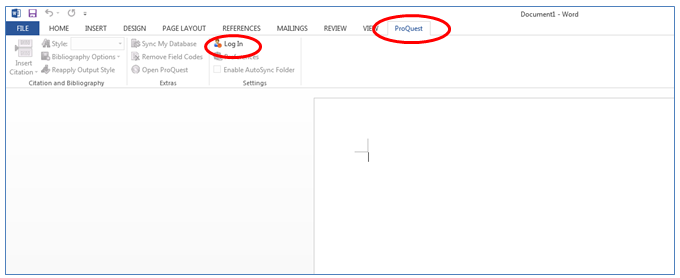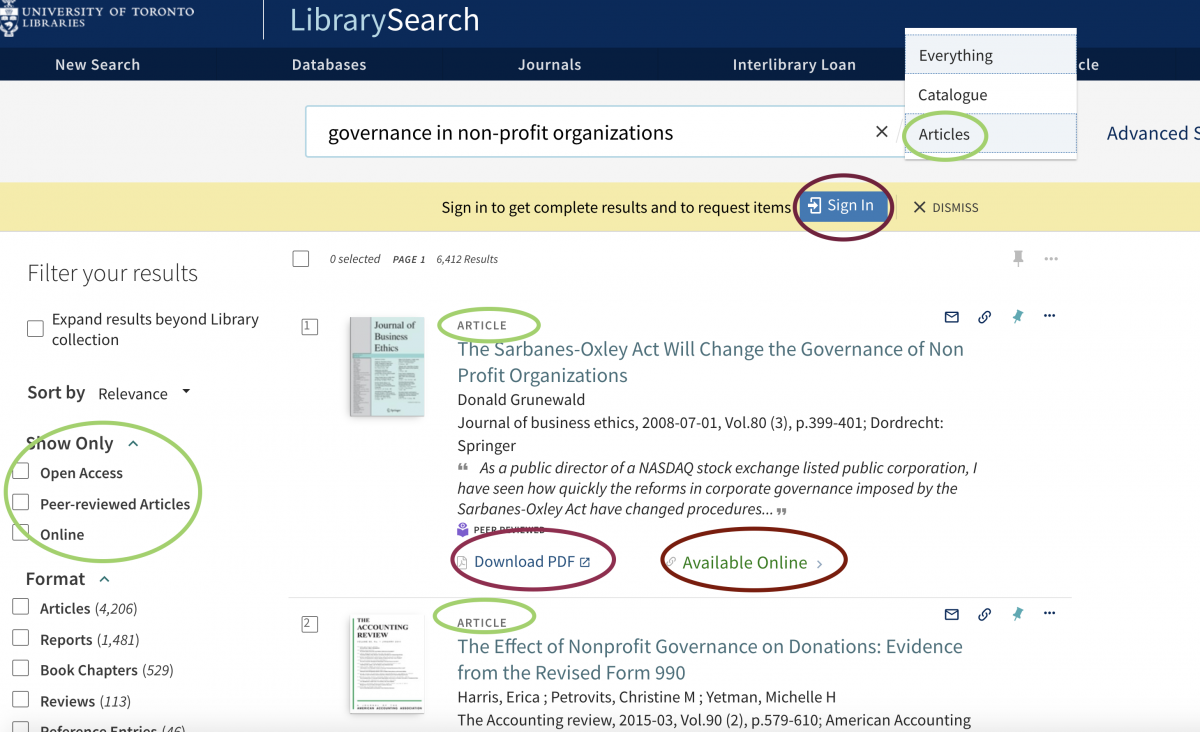Book your research consultation here.
Fast facts about research consultations:
- Like other library services, they are free!
- They usually last 30 minutes to an hour depending on your needs.
- They can take place in person or online (Zoom, MS Teams etc…).
- Many librarians are available Monday to Friday, 9am to 5pm to meet with you.
- They are one-to-one meetings, so you can ask questions specific to your project/assignment!
How can I request a research consultation?
Fill out our Book a Research Consultation form.
Make sure you tell us the campus, department, or course code associated with the project or assignment you’re requesting a consultation for. Knowing this will help us connect you to your liaison librarian, library staff member, or other subject matter experts in your field!
Will a librarian reach out to me, or should I email them?
An expert (librarian, library staff member, etc...) will reach out to you after you submit your form.
After submitting the Book a Research Consultation form, we will match you with an expert who will reach out to you by email.
When they contact you, they will arrange a time and place to meet you – online or in person – that fits your schedule.
When you’re replying to them, you can give them more information about the specific issues or questions you have that you want to address in your consultation.
Why does the form ask me what course code or faculty I'm a part of?
We use this information to make sure that we're matching you with an expert in the field you're studying, and ideally, someone who's on the same campus as you.
We prefer a course code if you have one, but we know that some people are looking for thesis and other kinds of research assistance. We'll reply to your submission via email if we have more questions/if we need to clarify details like this.
What should I bring to my research consultation?
If your consultation is happening in-person, have ready:
- a laptop/tablet (you can borrow one from the Library), or something to take notes with,
- your assignment brief, or something with the outline for the project you’re seeking assistance for (if applicable),
- all the questions you have about doing research and completing this project.
If your consultation is happening online, have ready:
- your assignment brief, or something with the outline for the project you’re seeking assistance for (if applicable),
- all the questions you have about doing research and completing this project.
What topics will be covered during my research consultation?
Your liaison librarian, staff member or subject matter expert will tailor your research consultation to meet your needs and will help you develop you research skills and knowledge in your subject area.
During your research consultation, you may discuss:
- tips for searching in LibrarySearch,
- subject-specific databases and how to use them,
- evaluating scholarly sources,
- finding and using primary sources,
- guidance on literature reviews, systematic reviews, or meta-analyses,
- tips on managing citations and research data.
What questions will I be asked during my research consultation?
Every research consultation is different, so this will depend on what your research question is!
You will be asked questions to get a better sense of how much research you’ve done, the ways you currently library resources, and other ideas relevant to where you are in your process. Some questions you may be asked include:
- “What types of sources are you looking for?”
- “What kinds of searches have you already tried?”
- “How do you usually go about finding academic resources?"
- “What are you having difficulty with?”
- “What databases are you familiar with?”
Questions like these are asked to make sure your librarian can help you best. There are no right or wrong answers!
What if I need more help after my research consultation?
If you need more assistance with library resources, contact us!
If you’re looking for academic writing help, there are Writing Centres across our three campuses that provide individual consultations with trained writing instructors, along with group teaching in workshops and courses.
If you’re looking for ways to further yourself academically, consider contacting the Centre for Learning Strategy Support (CLSS)’s Peer Mentor service!
Book your research consultation here.







 Capitalize your Boolean commands. Some databases only accept these operators when they are capitalized.
Capitalize your Boolean commands. Some databases only accept these operators when they are capitalized.
